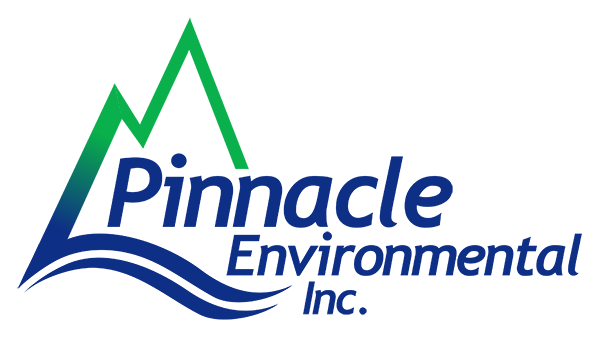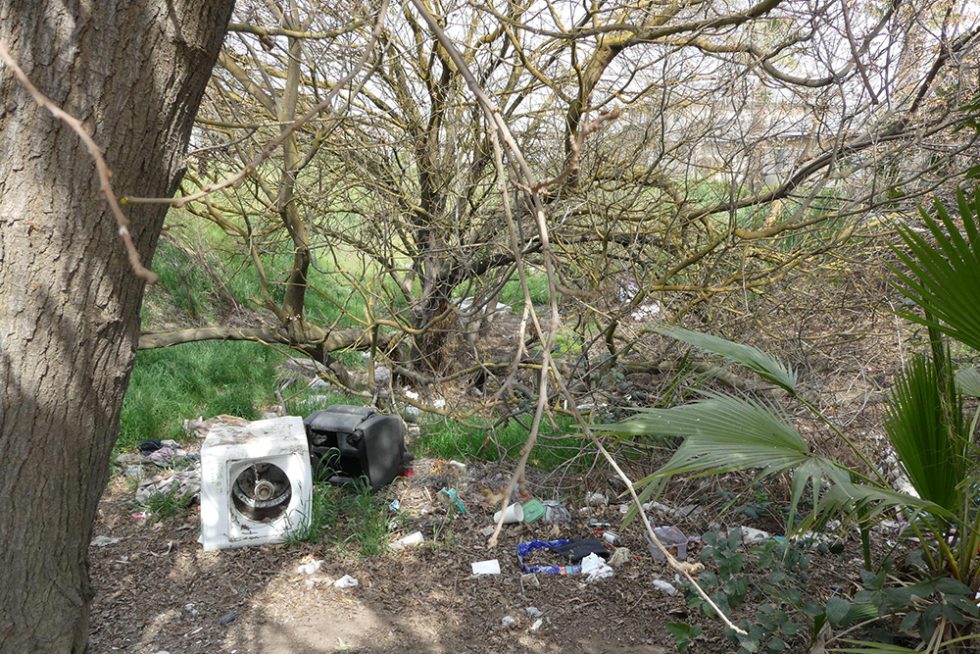Environmental Education
Environmental Education
Pinnacle specializes in providing environmental education to individuals and organizations who are committed to preserving the planet’s natural resources. Our team offers a wide range of training programs that cover a variety of topics, such as environmental regulations, sustainability, waste management, and pollution prevention. Our training programs are designed to equip our clients with the knowledge and skills they need to minimize their impact on the environment and make more informed decisions.
What are some examples of training that is offered?
There are various types of environmental education that individuals and organizations can participate in to learn about sustainability and environmental protection. Here are some examples of environmental education Pinnacle offers:
-
- Environmental due diligence – This type of training focuses of educating individuals (e.g., buyers, sellers, brokers, etc.) or organizations (e.g., banks) on the importance of environmental assessments to identify potential risks and liabilities associated with business activities, acquisitions, or real estate transactions. It covers topics such as types of assessments, remediation techniques, regulatory standards, and compliance, and environmental screening levels.
- Environmental regulations training – This type of training focuses on educating individuals and organizations on the various environmental regulations that apply to their industry or location and how to comply with them.
- Energy conservation training – This type of training focuses on educating individuals and organizations on how to reduce energy consumption, such as turning off lights and electronics when not in use, using energy-efficient appliances, and utilizing renewable energy sources.
- Waste reduction and recycling training – This type of training focuses on educating individuals and organizations on how to reduce waste generation, increase recycling rates, and properly dispose of hazardous waste.
- Sustainable practices training – This type of training focuses on educating individuals and organizations on how to implement sustainable practices, such as using eco-friendly products, conserving water, and reducing greenhouse gas emissions.
- Climate change training – This type of training focuses on educating individuals and organizations on the science and impacts of climate change and how to reduce their carbon footprint.
Each training program is tailored to meet the specific needs and goals of the participants and can be customized to fit any industry or organization.
Who would benefit from Environmental Education?
Environmental education is beneficial for anyone who is interested in learning about environmental issues and how to make a positive impact on the environment. Pinnacle’s education programs offer valuable benefits to a diverse range of individuals and organizations, including:
-
- Parties to environmental due diligence: Lenders, brokers, and all others involved in real estate transactions can benefit from environmental awareness training by enhancing their knowledge of regulatory requirements, risk assessment methodologies, and best practices in conducting environmental due diligence, ensuring that they effectively identify and address potential environmental risks and liabilities for their clients or organizations
- Businesses and corporations: Businesses can benefit from environmental awareness training by learning how to implement sustainable practices, reduce their environmental impact, and comply with environmental regulations. This can also help them to improve their reputation with customers and stakeholders who are increasingly concerned about environmental issues.
- Non-profit organizations: Non-profit organizations can benefit from environmental awareness training by learning how to advocate for environmental protection, raise awareness about environmental issues, and engage with their communities to promote sustainable practices.
- Educational institutions: Educational institutions can benefit from environmental awareness training by incorporating environmental education into their curriculum and promoting sustainability practices on their campuses.
- Individuals: Anyone can benefit from environmental awareness training by learning how to reduce their environmental impact and make more sustainable choices in their daily lives.




